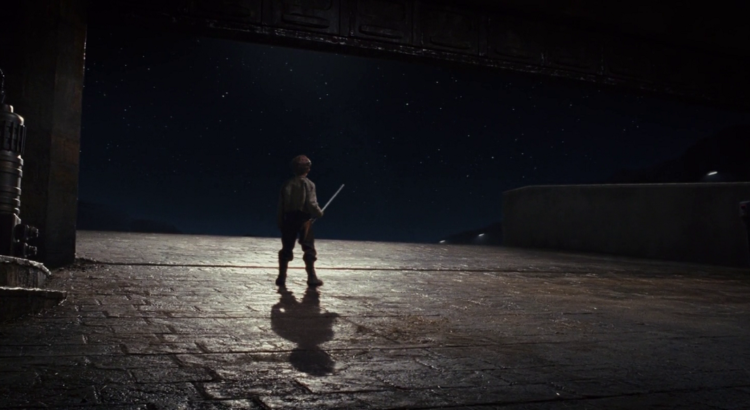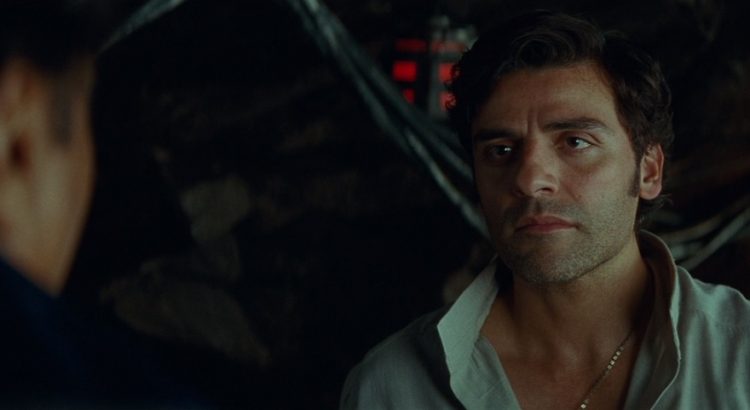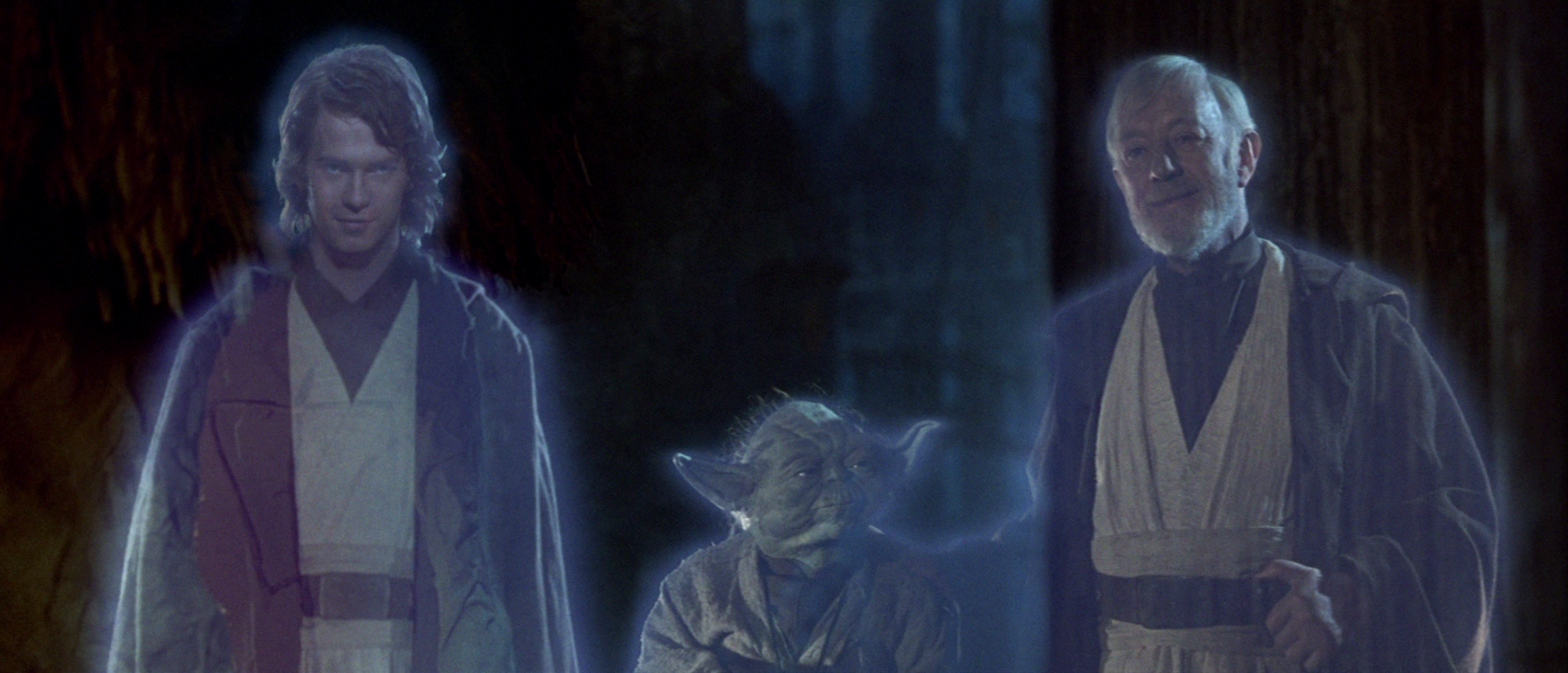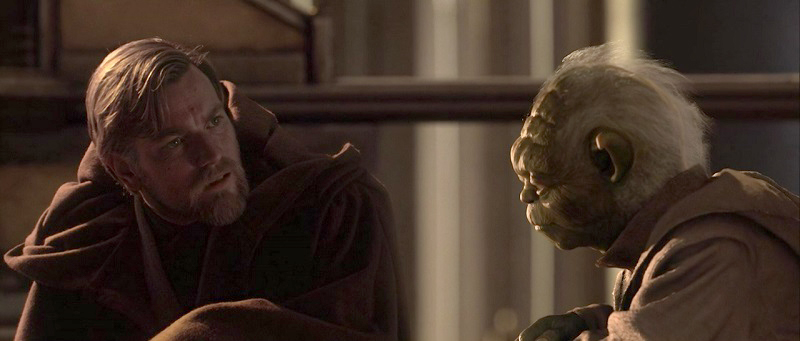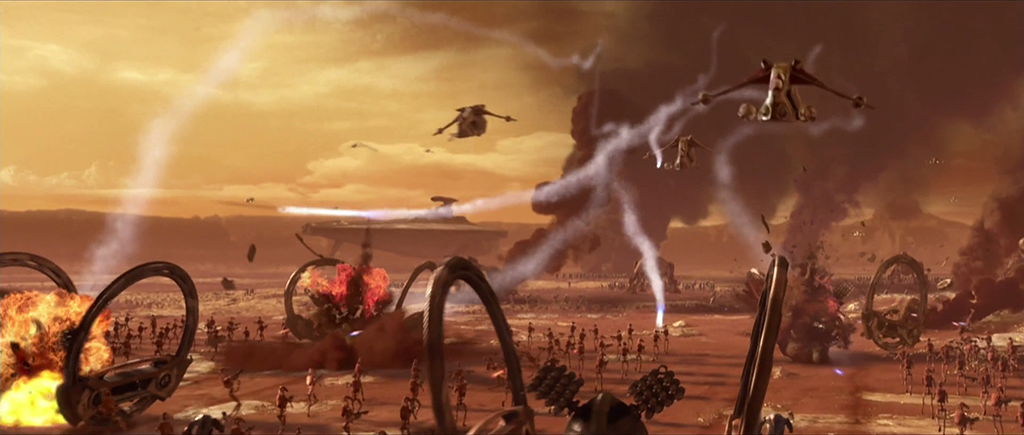For a franchise that began almost fifty years ago when the Baby Boomers were barely adults, Star Wars remains incredibly popular. Now, as a fan who has recently become a father of two children, I have been taking some time to ponder the question of what I hope Star Wars will mean to them. While my children are still quite young—two and a half years and ten months—I’ve already enjoyed the opportunity to introduce them to some Star Wars characters via children’s books, cartoons, and kid-friendly clips from the films.
It’s an interesting balance though, because while I love Star Wars, I don’t want to force my kids into a hobby they aren’t interested in, and because I want to be careful about what exactly they absorb from Star Wars. Besides scary images or intense themes, there are moral questions that the series raises. For example, there are fair concerns one can raise about representation (or lack thereof) in the broader Star Wars universe. Additionally, I recall a pacifist mentor of mine who deliberately kept his preteen children from watching Star Wars because it arguably portrays violence as a solution perpetrated by the good side and bad side alike. As a pacifist myself, I once wrote an ETE piece specifically reflecting on the question of violence in Star Wars, but it’s become a bit less of a hypothetical question now that I have to warn my son not to swing his toy lightsaber at me, nor to pretend to point blasters at people.
But even aside from these specific questions, I think it is important to be thoughtful about any movie series that is likely to be watched ad nauseam by children, for the simple reason that these films may become some of their foundational blocks of understanding. Philosopher and theologian James K. A. Smith argues that more so than our specific ideological or moral beliefs, it is the activities that we love and the habits that we practice which shape us at a foundational level. He argues that when it comes to our inner identity, it’s not so much a case of “We are what we think”, but instead “we are what we love”.
So if I raise my kids to love Star Wars, how am I hoping it will shape them? What are the core values that I hope it communicates to them? I have three in particular.
Read More